Outdoor Play – the real reasons why it is great for your children, and for you!
When you think of the outdoors, you might think of sunny days, rainy days, big cuddles or wet socks. Fighting with your little ones to put on their coat or breathing in that fresh air! But did you know that there are many other benefits to being outside and getting involved in outdoor play? Not only for physical and mental health but also for learning opportunities?
Children learn so much from being outside, as they walk, run, jump, climb, look, listen, talk, play and explore. There are so many ways that we can get outside without having to spend a penny; let me share with you the benefits of the outdoors, as well as some ideas for activities to do out and about.
Getting out of the house!
Sometimes the biggest hurdle to outdoor play is simply getting outside! When you can, include getting ready together as part of going out.
- Try to add a few more minutes to your getting ready time than you think you’ll need. Bonus if you don’t need them. But less stress if you do.
- Tell your child what’s going to happen in advance. Plan it together, talk about it together – this is a great opportunity, even before you have left the house, to encourage learning and organisation.
- If your child is reluctant to go out – or just for variety (for you as well as them!) – involve them in turning it into an adventure/ mission/ treasure hunt before you leave. Put on your best cinema voiceover voice: “Today, our mission is … !”
- Check the weather forecast and pack what you might need. Whether it’s spare clothes, coats and hats, sun cream, snacks and drinks… Prevention of meltdowns is better than cure. Make sure you’ve both got your wellies if there is some puddle jumping to be done.
- It’s worth having a set of ‘outdoor play’ clothes which are OK for your child to get dirty in – this can make exploring nature more enjoyable for everyone.
Does it matter where we go?
No! It really doesn’t matter what you do or where you go, you can find opportunities in everything and there’s learning opportunities all around us. For example, can you spot the numbers on the doors or the letters on the street signs? And how big is that bus? Can you hear the birds singing? Should we count the dogs together? The opportunities are endless. If you’re walking to school, going to the shops or just off to the end of the road to post a letter, it can still be an adventure. For lots of ideas and information on the different places you can go and the benefits of outdoor play – try visiting the Play England website.
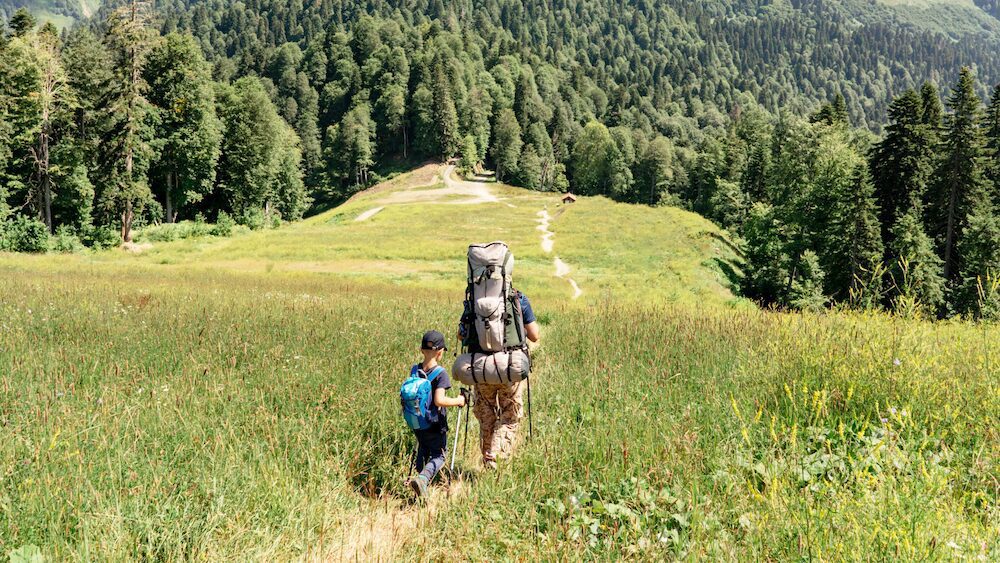
What learning happens outside?
Being outside opens up a whole world of learning. Whatever the weather, exploring nature and playing outside offers wonderful opportunities to support your child’s learning and development. Outdoor play can:
- support their physical development – helping coordination and strengthening big muscles (gross motor skills) as well as small ones (fine motor skills),
- develop communication and social skills through sharing and talking about experiences,
- help your child to stay safe as they learn how to manage risks, and recognise and extend their own limits,
- help them practise early writing skills by using sticks to make marks in mud, water or sand,
- introduce early maths ideas such as numbers, counting, size, weight, shape, patterns, sorting and matching,
- introduce early science ideas – watching and exploring natural materials (stones, sand, mud, water, etc), living things and life cycles, the seasons and the changes that they bring – as well as the weather!
- encourage children’s curiosity, observation, interest, imagination, co-operation, independence – these are really important skills or habits to develop, for learning of any kind.
So what can you do outside? Here are some ideas for outdoor play:
- Visit the local park – have a picnic or snack outdoors if the weather is good, or wrap up warm and go for a shorter time if it’s chilly. Talking about, planning and making the picnic is all part of the fun.
- Nature walk – get outside whatever the weather. In Alfred Wainwright’s well‑known phrase: “There’s no such thing as bad weather, only unsuitable clothing.” Enjoy splashing in puddles, using sticks to make marks in mud, collecting leaves, looking for animal tracks or making your own – then snuggle up together afterwards to chat about your experiences.
- Bug hunt (mini-beasts) – explore under rocks or logs, or on tree trunks and leaves. Chat with your child about where mini-beasts live, how to find them and how many legs they have.
- Growing – you could plant seeds or grow vegetables or herbs in pots, on your windowsill, balcony or garden. Will your sunflower grow bigger than your child… or even you?!
- Visit a local pond – depending on the time of year, you might see frogspawn, frogs, dragonflies, ducks and ducklings, even a heron standing on one leg while it looks for fish. Look out for bugs in or on the water – watch them ‘magically’ skate over the top!
- Walk slowly, follow your child’s lead – what is it that they are interested in? It might be leaves, sticks, flowers, trees, sounds or creepy crawlies.
- Collect things – take a box or bag for ‘treasure’. A few leaves and twigs can make a picture on the ground or take them home to have a sticking activity later on.
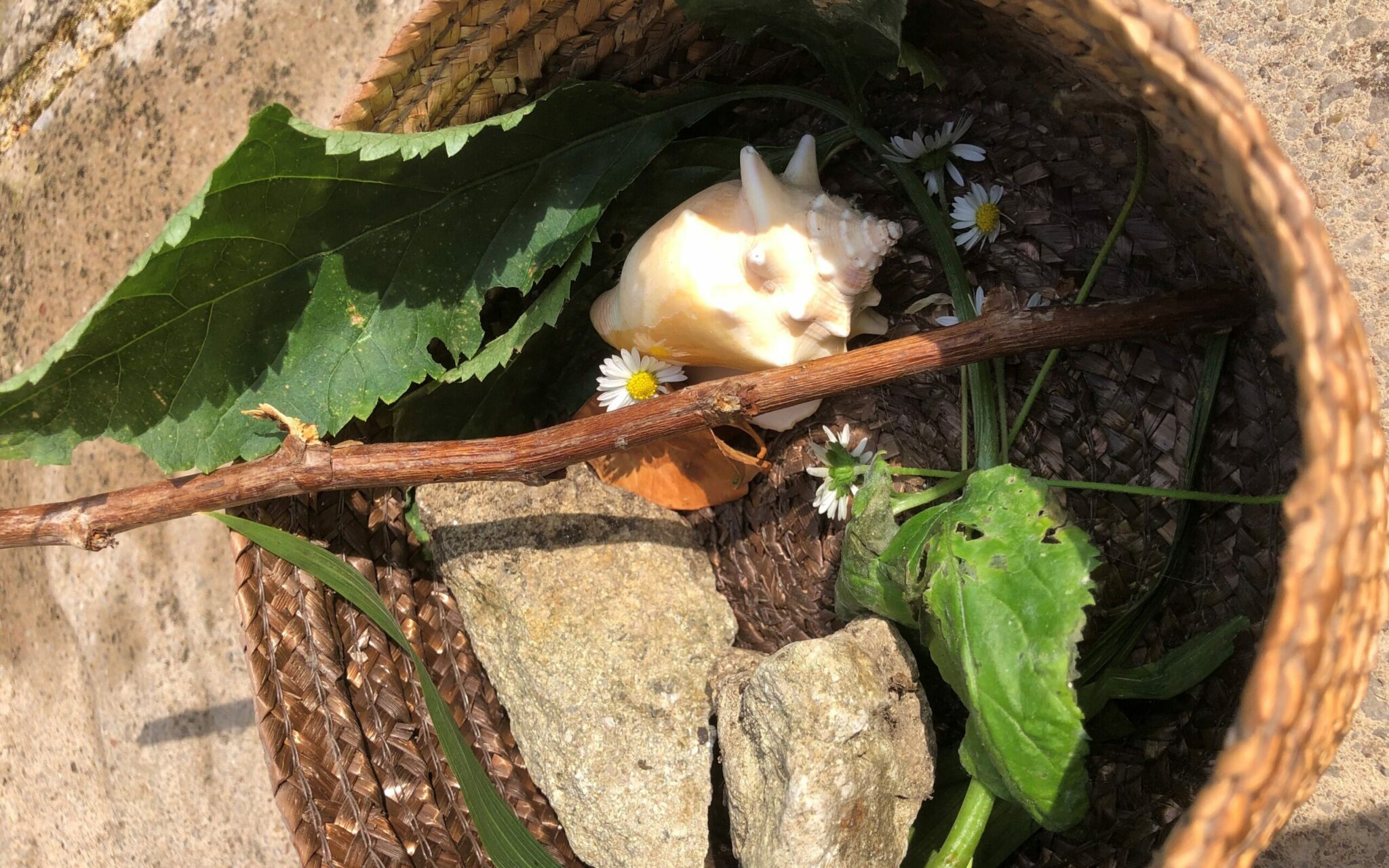
And it doesn’t stop there…
- A listening walk – what sounds can you hear? Play “I hear with my little ear”. You will be surprised at the sounds that we often miss. Listening is a really important skill that helps with language development.
- Puddle jumping – puddles are made for jumping in! Just go with it and have fun 😊
- Playground – which is their favourite bit – slide, swing, roundabout, climbing frame? There is so much opportunity for talking about those big movements, and to understand ‘positional language’ in context – moving over and under, high and low, in front and behind, up and down, etc.
- Use all your senses, including touch – encourage your child to feel the difference between stone that’s been warmed by the sun or that’s cold in the shade, to feel squelchy mud with their fingers and toes, or to feel the varying rough and smooth textures of different trees or leaves. If you take a few crayons and paper, they could also do some leaf or bark rubbing.
- Scavenger hunt – draw simple pictures, make a list or save photos on your phone of what you might see and then play ‘what can you spot?’ E.g. a red car, a dog, the number 3, a dandelion, a pigeon. It’s easy to assume that everyone knows what a dandelion or daisy is, but children only learn these things if someone points them out and names them.
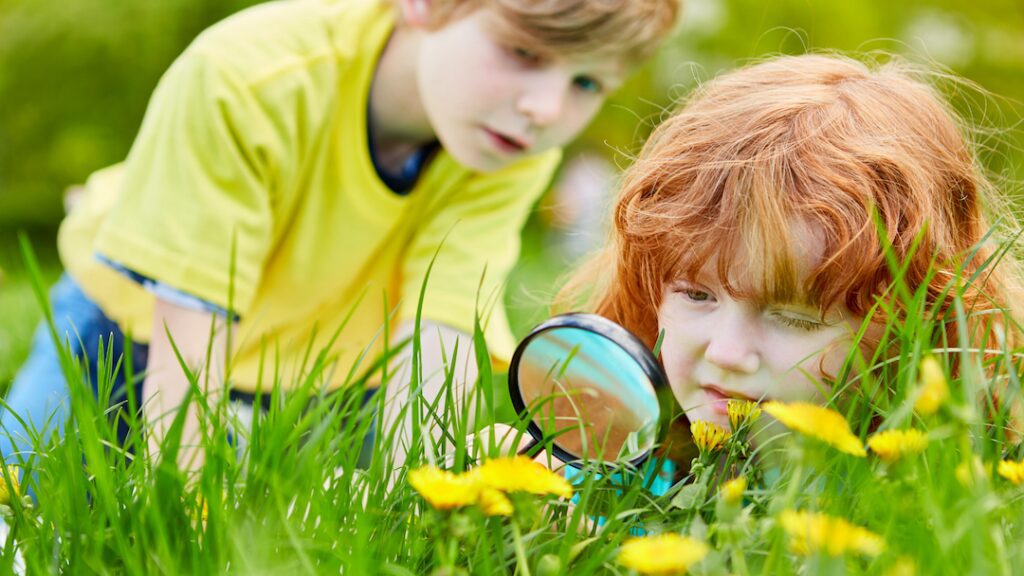
- Photo walk – ask your child what pictures they want to capture, such as flowers or bugs, buildings or cars. When you get home, you can look and maybe make up a story about them together.
- If you have a very little one, just saying what you see and hear will surround your baby with language – and they love hearing your voice.
There are some great resources online with ideas for outdoor play. Try looking at The Woodland Trust website for more ideas!
And what about the physical and mental health benefits?
There is lots of scientific research that shows children who are physically active have lower health risks. This is in part because outdoor play uses many different types of muscles. Running, jumping, catching, balancing – all these types of movement support children to build their motor skills. It also lowers their blood pressure, improves their eyesight and strengthens their immune system (Blair and Brodney, 1999; Fjortoft, 2001). Being outside also has mental benefits for children; it promotes higher levels of concentration and attention (Wells and Evans, 2003).
Outdoor environments are not only beneficial for children, but for adults too. Getting outdoors has been shown to significantly reduce levels of stress and positively impact mood (Thompson et al, 2012). Natural light has also been found to increase the production of Vitamin D. This helps to regulate emotions and improve mood in both children and adults. Studies have found that just 5 minutes of outdoor time per day can improve mood and self-esteem. This article in The Conversation talks more about the mental and physical health benefits of outdoor play.
Being outside with nature can have a magical effect on us and children; it allows us to feel free, experience adventures and make lasting memories!
If you have found this helpful and want to find out more about supporting your child’s learning, please check out Peeple’s Facebook page. If you’re a practitioner, you can find out about the Peep Learning Together Programme and training on the Peeple website, or email Charlotte on info@peeple.org.uk.
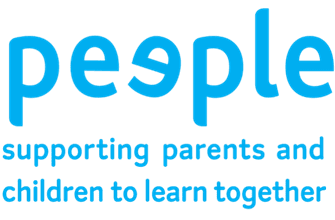
Watch the relevant Dad Chats Live Episode
If you’d like to watch and listen to Helen talking about this subject don’t forget you can check out her guest appearance on Dad Chats Live. Our weekly parenting chat hosted on our Instagram Account.
Watch now>>>
And if you are interested in writing a guest post for us on a subject you feel qualified to talk on please do get in touch and we can explore further.
Has this post helped you?
Has this post inspired you to get outside and play? We’d love to hear about your ideas for outdoor play – or why not try some of the ideas from Helen and tag us in your outdoor play pics on Instagram!
Please leave your comments in the section below and share this post and other Dadvengers Posts with your family and parenting friends.
Dadvengers is a community of parents (that’s Mums and Dad’s) focused on supporting Dads on their journey through parenthood.


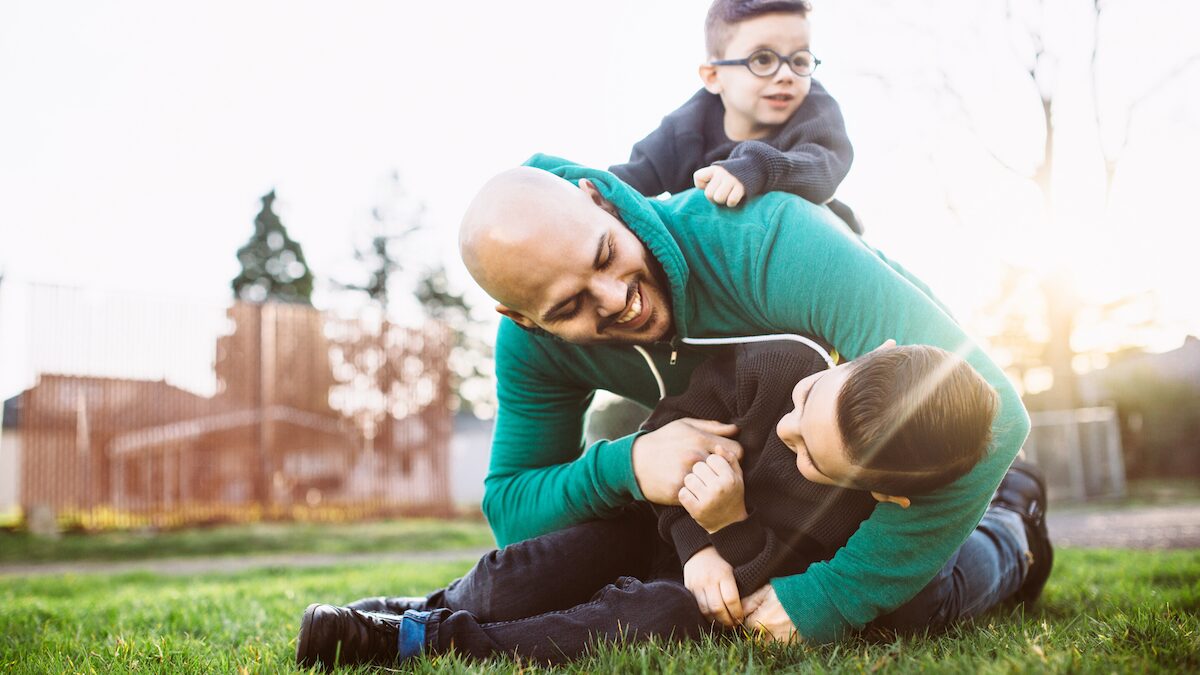
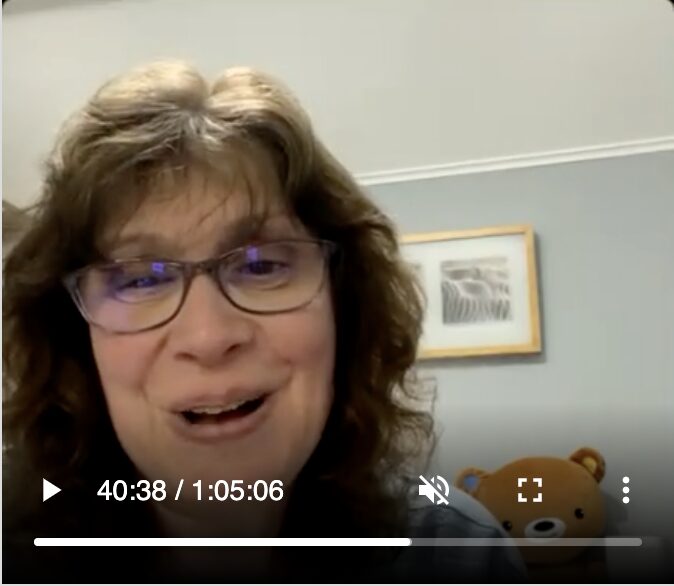














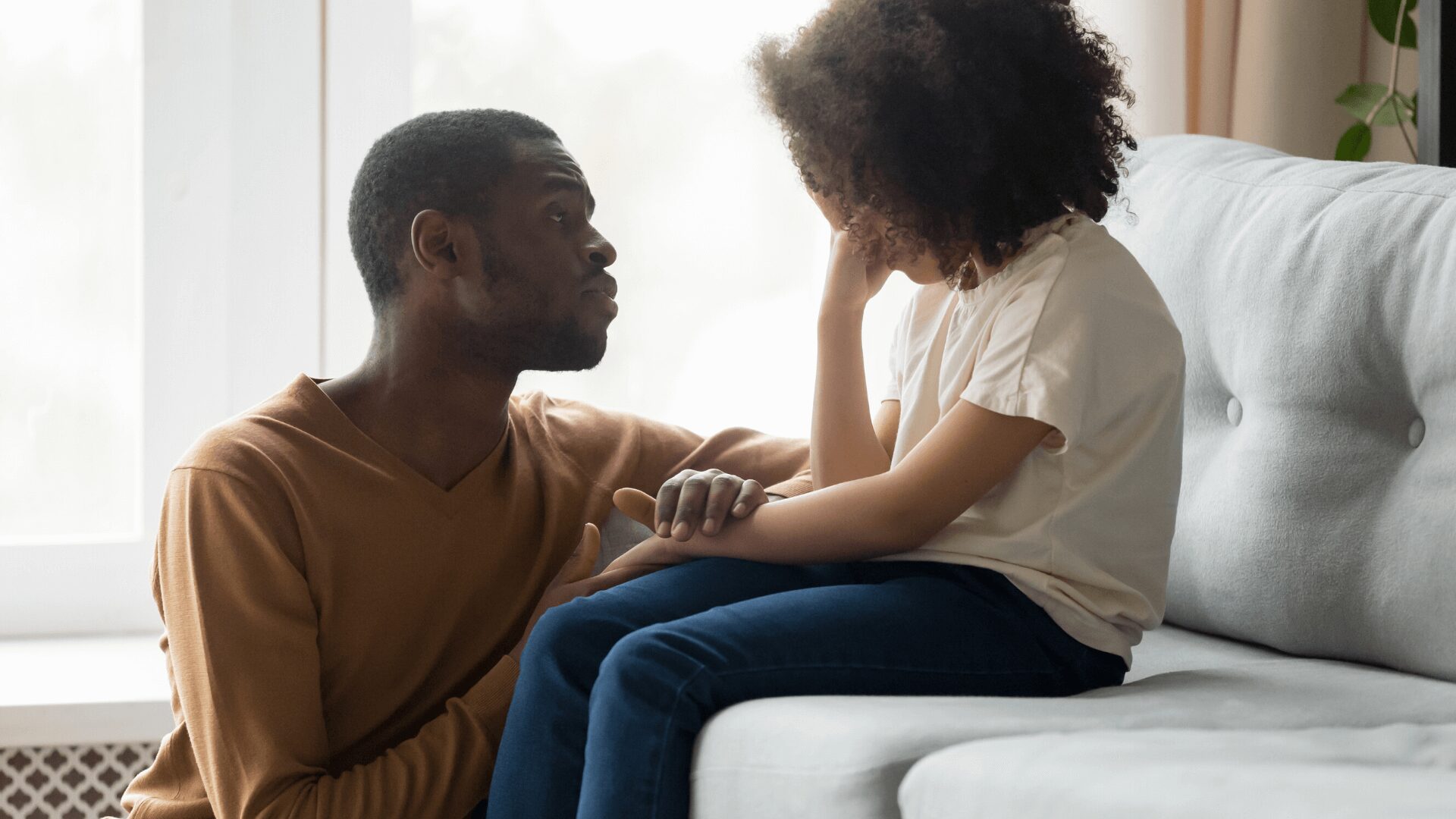


6 Comments